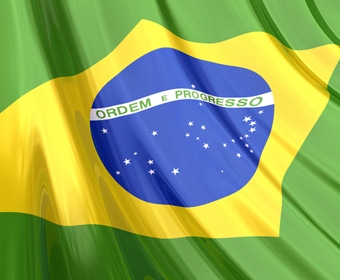Telefonica has announced it will completely exit from Telecom Italia once its deal to acquire GVT from Vivendi, as agreed last week, is finalised. This means an end to a period of tense relations between the Spanish and Italian operators as they have battled over the Brazilian arm of Vivendi, and the chance to create a stronger local unit to compete in the Brazilian market.
September 3, 2014

Telefónica has announced it will completely exit from Telecom Italia once its deal to acquire GVT from Vivendi, as agreed last week, is finalised. This means an end to a period of tense relations between the Spanish and Italian carriers as they have battled over the Brazilian arm of Vivendi.
As reported by Reuters, Telefonica has made its position in relation to Telecom Italia very clear with Chairman Cesar Alierta bluntly telling journalists the company no longer wants to stay in Telecom Italia.
Telefónica’s attitude towards the Italian operator, in which it has shares through holding company Telco, has been evident throughout the bidding for GVT, as the offer includes its 5.7% of Telecom Italia shares or 8.3% in voting rights. Telefónica is keen to part ways with a venture, which was thought to be originally intended as a strategic move to stop AT&T from acquiring Telecom Italia. This has sparked speculation that Vivendi could eventually buy out the Italian investors too, especially since Telco has signalled it would also consider selling its shares in Telecom Italia.
For Vivendi the deal would mean a step back towards its original roots as a telecoms company as opposed to its recent years’ focus on media operations. Earlier this year, Vivendi sold off its share in the French telecom unit SFR, but with the GVT deal not only a share in Telecom Italia is up for grabs but also a 12% slice of Telefónica’s Brazilian unit after the expected merger with GVT.
The GVT acquisition will also help Telefónica with its worries brought on by regulators’ competition concerns in the Brazilian market, where Telecom Italia’s local unit TIM Participacoes’ main competitor Vivo is under Telefónica’s control. In December last year Brazilian market competition watchdog CADE gave Telefónica 18 months to sell its share in Telecom Italia or find a new partner for Vivo.
The GVT acquisition would mean Telefónica’s position in the Brazilian market is fortified as its market share would rise from over a quarter near to a third. For Telecom Italia the future in the South American market is looking a lot less lucrative at the moment, with its options seemingly being limited to trying to forge a partnership with Oi or selling TIM Participacoes.
About the Author(s)
You May Also Like








.png?width=300&auto=webp&quality=80&disable=upscale)


_1.jpg?width=300&auto=webp&quality=80&disable=upscale)


.png?width=800&auto=webp&quality=80&disable=upscale)